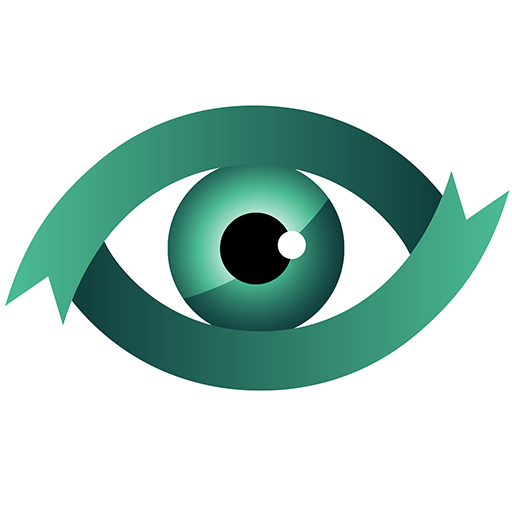Blurry Vision? Follow This Guide
Are you experiencing blurry vision? If one or both eyes are having trouble focusing on objects or your field of vision is hazy, you should see your eye doctor immediately. The most common causes of blurry vision are refractive errors, such as nearsightedness and farsightedness. However, serious eye conditions can also cause the symptom of blurry vision. Follow this guide to learn about the different causes and treatments for blurred vision.
Myopia and Hyperopia
Myopia (nearsightedness) and hyperopia (farsightedness) are very common causes for blurry vision. Those with myopia struggle to make out objects in the distance, causing the objects to be blurry and unclear. Other symptoms of myopia are eye strain and headaches. Hyperopia is basically the opposite, as distant objects can be seen but objects up close blur. Eye strain and fatigue also accompany hyperopia. To treat myopia and hyperopia, you must schedule to see your eye doctor and get an eye exam. From there, you can get glasses or contact lenses to correct your vision. Another option is refractive surgery, such as LASIK.
Presbyopia
Presbyopia often affects those who are 40 years of age or older, as it is a naturally occurring eye condition. Objects up close will start to become blurred, just like those with hyperopia. Treatments for presbyopia are most commonly getting bifocals, progressive lenses, reading glasses, or possibly surgery. Your eye doctor will find the best treatment for you out of these options.
Chronic Dry Eyes
You can experience blurred and hazy vision if you suffer from dry eye syndrome, along with other symptoms. The most common treatment for dry eyes is to get artificial tears. The artificial tears act as a lubricant for your eyes, which in turn can reduce or remove your blurred vision. However, over the counter eye drops do not always effectively work. You may need a prescription for a more advanced eye drop. Schedule to see your eye doctor in order to choose which eye drops will work best.
Serious Eye Conditions
Numerous serious eye conditions have blurry vision as a symptom. Macular hole, a detached retina, cataracts, glaucoma, macular degeneration, and systemic diseases are all examples of eye conditions that should be seen by your eye doctor immediately. The sooner you go in, the better chances you have of catching a serious eye condition before it worsens. Your eye doctor can then give you a prompt treatment.
There are many factors that can cause blurred vision, some being minor issues and some being serious conditions. However, do not guess and try to treat it by yourself. Go to your eye doctor immediately to be properly diagnosed.





No Comments